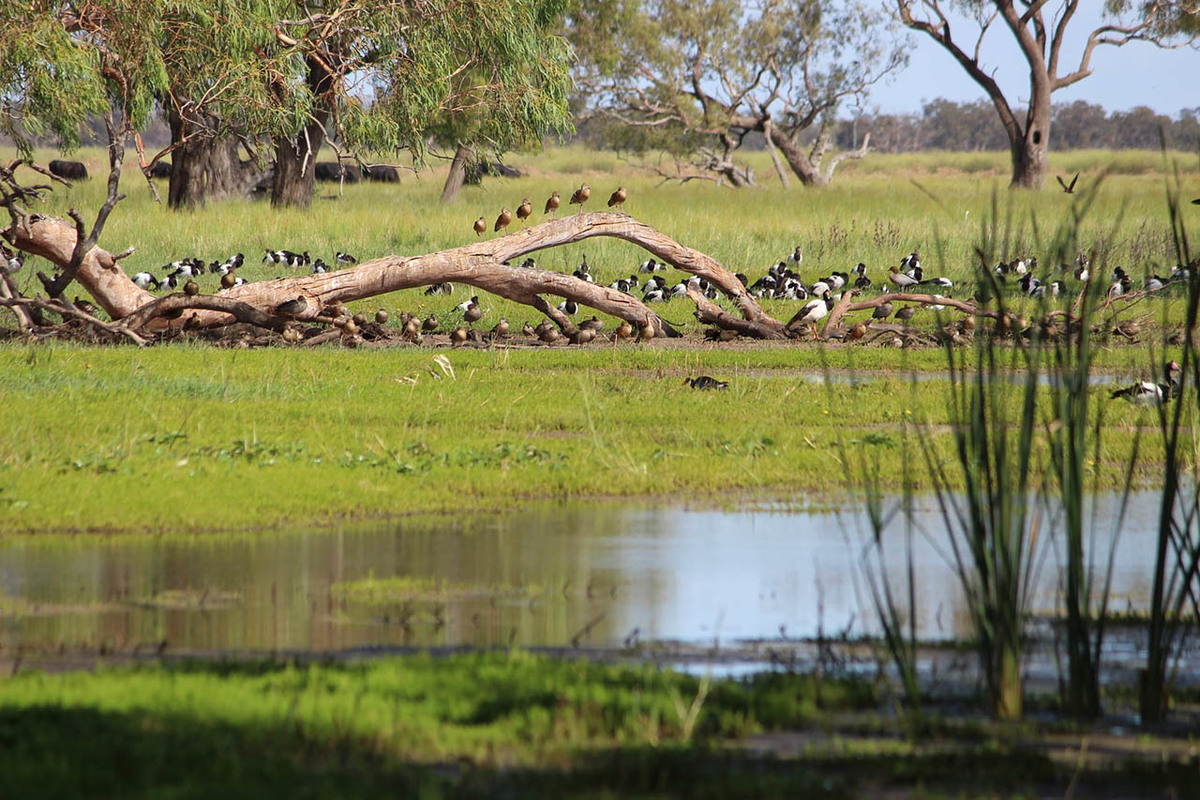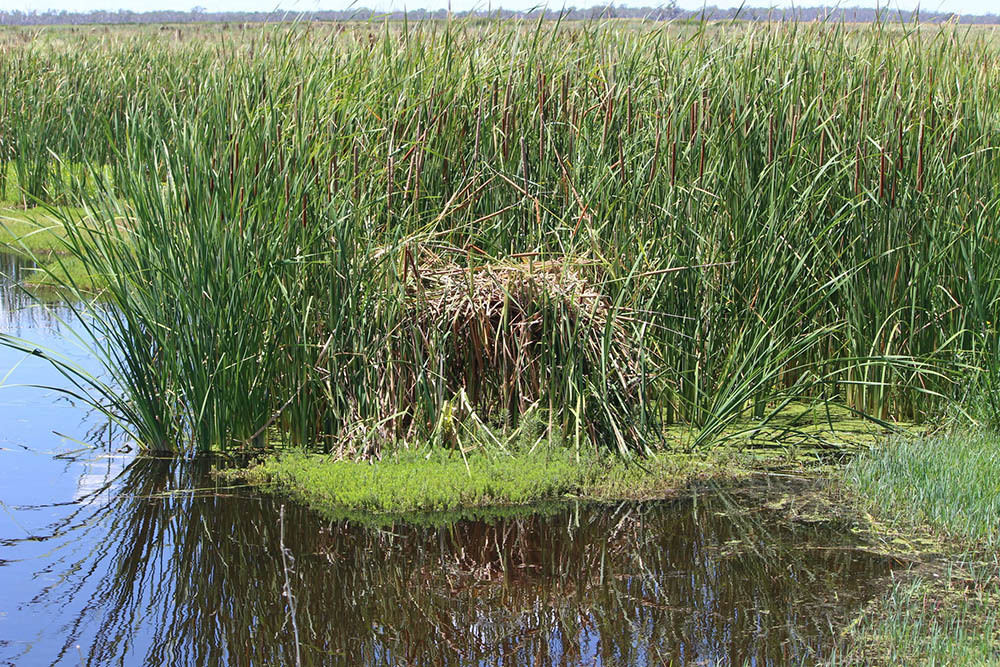NSW Greens establish cross-bench inquiry into floodplain harvesting
Oliver Brown
23 June 2021, 5:05 AM
 A motion to establish a parliamentary inquiry into floodplain harvesting, which has been claimed to endanger ecosystems like the Macquarie Marshes, has passed the Upper House earlier today.
A motion to establish a parliamentary inquiry into floodplain harvesting, which has been claimed to endanger ecosystems like the Macquarie Marshes, has passed the Upper House earlier today.A NSW Parliamentary Inquiry into floodplain harvesting has been established today after a successful Greens motion in the NSW Upper House.
The motion was put forward by Greens MLC and water spokesperson Cate Faehrmann this morning in response to community demands for more transparency surrounding the practise.
The inquiry follows the NSW Upper House blocking new state government regulations on floodplain harvesting in May.
The Upper House accepted Ms Faehrmann's motion and agreed that she would be Chair of the inquiry while fellow crossbencher Mark Banasiak of the Shooters, Fishers & Farmers would be Deputy Chair.
The inquiry committee will also have three government MPs and three opposition MPs that will be decided by their respective parties over the coming days.
Ms Faehrmann said the establishment of the inquiry would allow various stakeholders that had felt excluded from the controversial debate about floodplain harvesting to have their voices heard.
“We cannot hope to resolve this standoff without providing all members of the community a forum to be heard equally," Ms Faehrmann said.
“There is huge uncertainty around this form of take, including the massive increase in the volume of take and even whether floodplain harvesting has been legal up until this point.
"This inquiry will allow us to finally address, and hopefully resolve, these open questions."

The future of floodplain harvesting has been an ongoing controversial subject of debate, particularly over how it impacts local water ecosystems.
According to the Greens, this inquiry will examine the legality of floodplain harvesting, the government's proposed changes to water regulations earlier this year and the most appropriate and sustainable way of licensing, regulating, metering and monitoring floodplain harvesting.
The announcement of the inquiry has been well received by various environmental organisations, including the Nature Conservation Council.
Council Chief Executive Chris Gambian said the state government's proposed changes to the regulations earlier this year would have privatised billions of dollars’ worth of public water, taking it away from valuable water-dependent ecosystems like the Macquarie Marshes.
“Those floodplain harvesting regulations would also have denied water-dependent wildlife, ecosystems and downstream communities vital water resources just as climate change is really starting to bite in NSW, especially in the Far West," Mr Gambian said.
“Had they not been disallowed by the NSW Parliament, they would have constituted one of the greatest transfers of natural resources into private hands in Australia’s history.
“Floodplain harvesting is killing our rivers. It needs to be reined in, not given a blanket exemption.”
Mr Gambian said he looked forward to making a submission into the inquiry, which will be officially launched once the select committee headed by Ms Faehrmann and Mr Banasiak is finalised.d.